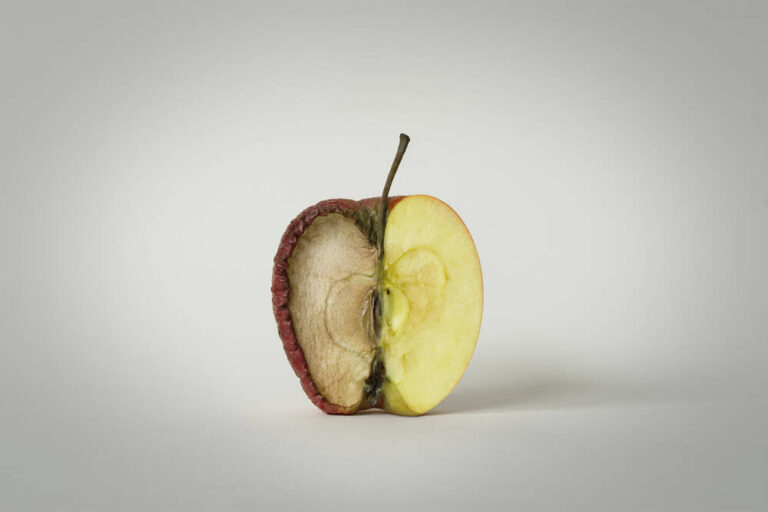
Apple is under fire for making a change to the Sonoma 14.4 update to macOS that broke some Java applications, causing Oracle to warn users of Java not to update. Developers using JetBrains IDEs built on the JVM (Java Virtual Machine) are among those affected.
The change in behavior can terminate applications without warning on systems running Apple Silicon. The issue does not mean that all Java applications crash, but only those which rely on the previous behavior, and even then, only when features that use it are exercised.
The warning from Aurelio Garcia-Ribeyro, Oracle senior director of product management, states: “There is no workaround available, and since there is no easy way to revert a macOS update, affected users might be unable to return to a stable configuration unless they have a complete backup of their systems prior to the OS update.”
The issue is what happens when a process accesses protected memory. In earlier versions of macOS, including previews of 14.4, the kernel would send a SIGBUS or SIGSEGV signal to the process, which could be handled. In macOS 14.4 release version, a SIGKILL signal is sent which means the process is terminated.
Garcia-Robeyro observed that “the issue was not present in the early access releases for macOS 14.4, so it was discovered only after Apple released the update,” meaning there was no way to prepare for the problem or warn users in advance. “Oracle has notified its customers, Apple, and our partners in OpenJDK of this situation,” he said. “We recommend that users of Java on ARM-based Apple devices running macOS 14 delay applying the update until this issue is resolved.”
The related OpenJDK bug report is marked “unresolved” and impacts JDK 8, 11, 17, 21 and 22.
“The issue appeared with the release of macOS 14.4; it was not present in 14.4 Beta that we routinely tested on. Currently people from several companies are working on a robust solution. It will take time,” said Maxim Kartashev from JetBrains.
JetBrains has made available a pre-release runtime for its IDEs that mitigates but does not completely fix the problem. “Unfortunately, I just had another crash to desktop with the updated runtime build,” said one user.
“Can’t believe Apple did this to the entire Java community at the last minute in a minor release,” said another developer.
Is this a bug in macOS 14.4, or does Apple consider that it is tightening security? Either is possible, but making this breaking change at the last minute without warning seems unreasonable. We have asked Apple for comment.
It also leaves businesses with a problem perhaps more familiar to Windows admins: whether to update the OS as early as possible to benefit from security patches, or only after a delay for testing for potential breakages.
